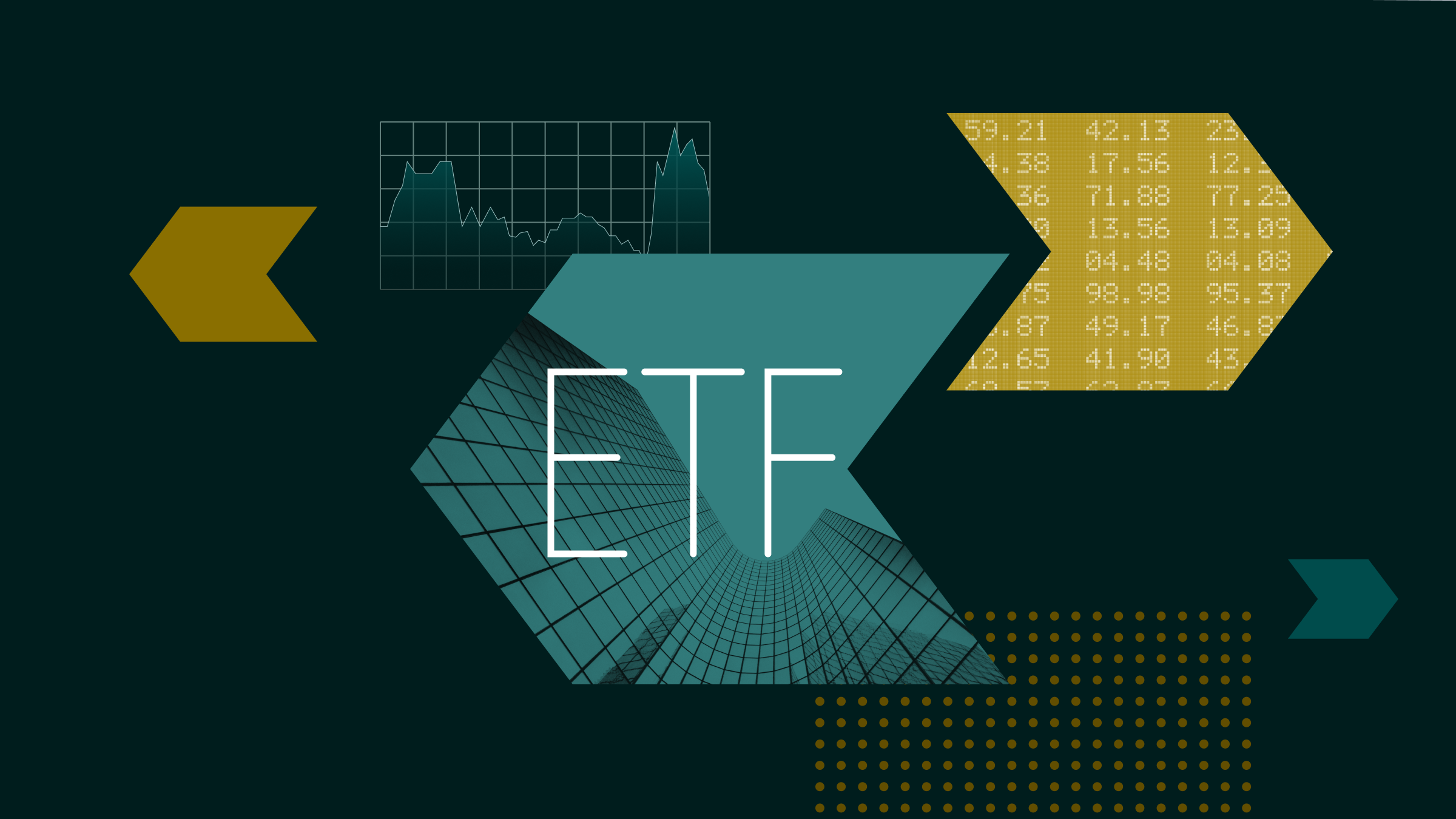The Chinese economy is in the middle of a tough shift from manufacturing-driven to being focussed on services; causing volatility in the stock market which threatens investors’ returns. China’s lack of transparency doesn’t help, leading to investor speculation and exacerbating market instability.
Global markets seem obsessed with ‘weak’ economic data and the resulting stock market performance, but Edward Smith, asset allocation strategist at Rathbones, thinks that these fears are misguided.
“The January trade data release shows the volume of Chinese exports increased in December, helped by the currency devaluation since August. Importantly, there were also signs of improving domestic demand: import volumes grew by approximately 7% in 2015. Further evidence that the turmoil of the markets in no way reflects the economic trends,” Smith said.
Alan Higgins of Coutts thinks that China’s problems will take the authorities a long time to sort out, but amid all the swings in sentiment, he doesn’t think the underlying economy has really changed over the last year. And Morningstar data proves that in the long run, China funds still offer growth.
The MSCI China index has risen at a three year annualised rate of 13%, dropping to 6% annualised growth over the last five years. This compares to a loss of 13% year to date. The Morningstar China Large Cap index has lost 11% year to date, however it too has managed positive returns over the longer term; 9% annualised over the past three years.
Which Funds Faltered – But Still Retain Long-term Money?
Unsurprisingly, funds invested in Chinese equities have lost money on a short term view but have posted positive returns over a three and five year view. GAM Star China Equity, Bronze Rated by Morningstar analysts, with a three-star performance rating, has lost 13% year to date.
But it has a 3% three year annualised return and a 0.2% return annualised over five years. The fund is one of the cheapest options in the China Equity category, according to Morningstar analysts. It is an attractive investment proposition for investors seeking Chinese equity exposure, Morningstar analyst Grant Kennaway says. Veteran manager Michael Lai’s investment approach is highly dependent on his macro views on the Chinese economy. The fund has delivered excellent returns since its launch. However volatility, as measured by standard deviation, has been higher than peers while being in line with the index over this period, Kennaway concludes.
Fidelity Funds China Focus Fund, is a Bronze Rated fund with a four star performance rating. It has lost 12% year to date, but returned 4% every year for the past three years and 1% annualised over five years. Fidelity China Focus is suitable for those looking for access to Chinese equities but the volatility associated with a single-country emerging market fund means it is best suited as a satellite allocation within a broader portfolio, Morningstar analyst Germaine Share says. The portfolio manager Jing Ning has delivered promising returns over her short tenure.
Allianz China Equity has not fared quite as well as its Bronze Rated peers. The fund has lost 12% year to date but it has managed a 0.4% three year annualised return. The fund has lost 2% a year over a five year annualised view. Morningstar analysts say although this fund is one of the preferred options to gain China exposure, it is best used as a small slice of a diversified portfolio. Poor longer-term performance was mainly due to stock selection, with higher than usual exposure to the IT sector. Investors should be prepared to ride through periods of underperformance, said Kennaway.
































